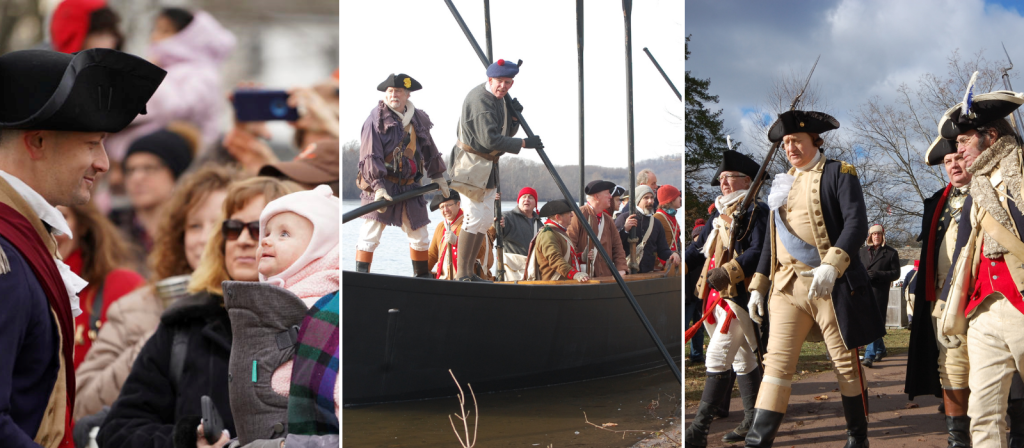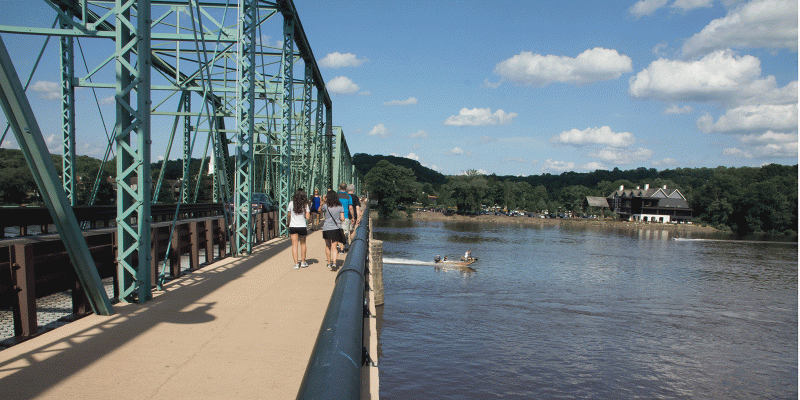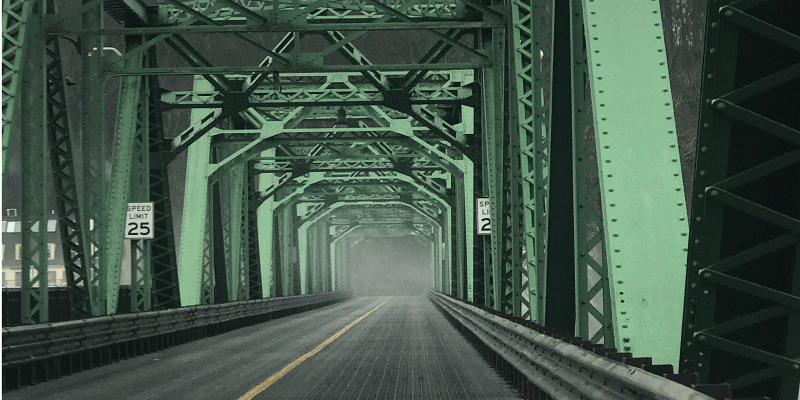The annual Christmas-day reenactment of George Washington’s daring crossing of the Delaware River in 1776 has become so popular that even the rehearsal (which will be held this year on December 12) draws huge crowds to Washington Crossing Historic Park.
In preparation for both, we thought it would be worthwhile to take a closer look at that fateful night. After all, it’s a moment that shaped not only much of the river towns’ identity but our country’s, too. It’s not hyperbole to say that, had Washington’s audacious plan not succeeded, life would be significantly different for us.

Coming undone
Let’s set the scene. It’s Christmas, 1776. Washington and more than 2,000 soldiers and officers have been camped in and around the area known today as the park for much of the month after fleeing the British army across north and central New Jersey. That should give you an idea of how things have been going.
The British are well-trained and -organized. The Continental Army, on the other hand, is minimally trained, under-equipped, and malnourished. Washington himself is an unproven leader who’s lost every battle he’s been a part of in this war so far.
Many of the soldiers at the park are enlisted through the end of the year, meaning they’re just hoping to get through the next few days. At which point, they’ll cut their losses and head for home.
Shortly after sunset, the crossing begins. The Delaware is choked with large chunks of ice at many points, but it’s at least passable here – for the time being. A winter storm barrels in, dumping sleet, snow, and misery.
Going on the offensive
The crossing ultimately takes hours longer than Washington planned. Once everyone and -thing (as in heavy cannons) are across, there’s still a long march to Trenton along dark, snow-covered roads. The plan is to sneak-attack a Hessian encampment and take back the city. (The Hessians were working as mercenaries for the British army.)
Washington and his troops make it to Trenton by 8 AM. An hour-and-a-half later, the battle’s over. The Continental Army is headed back the way it came with more than 900 prisoners in tow and its first win of the war under their belts.
It’s widely speculated that the Hessians were still drunk, or hungover, following an especially festive Christmas. That’s the only way many historians can process the patriots defeating them. In reality, they were flat-out exhausted. The local militias had been relentlessly attacking their outposts for weeks (which was part of Washington’s plan).
And, yes, they were also caught off-guard. Between the holiday and the winter storm, there was little reason to suspect anything was coming their way.
A win is a win, though. And over the next several days, a period that’s become known as the Ten Crucial Days, the wins quickly pile up for Washington and his men, turning the tide of the war, but not winning it outright.
For many of us, our knowledge of the Revolutionary War ends there: David defeats Goliath. Job done. We’re free! But the war would drag on for another six-and-a-half years. And there were lots of times along the way that things looked pretty dire for the patriots. However, had they not persevered on Christmas night, 1776, and gone on the offensive, it looked likely that they wouldn’t have made it through the winter.




Leave a Reply